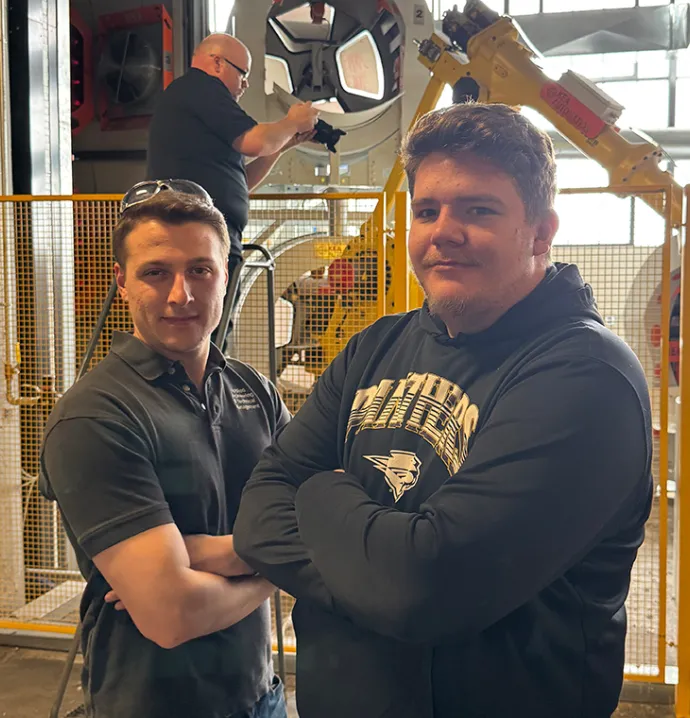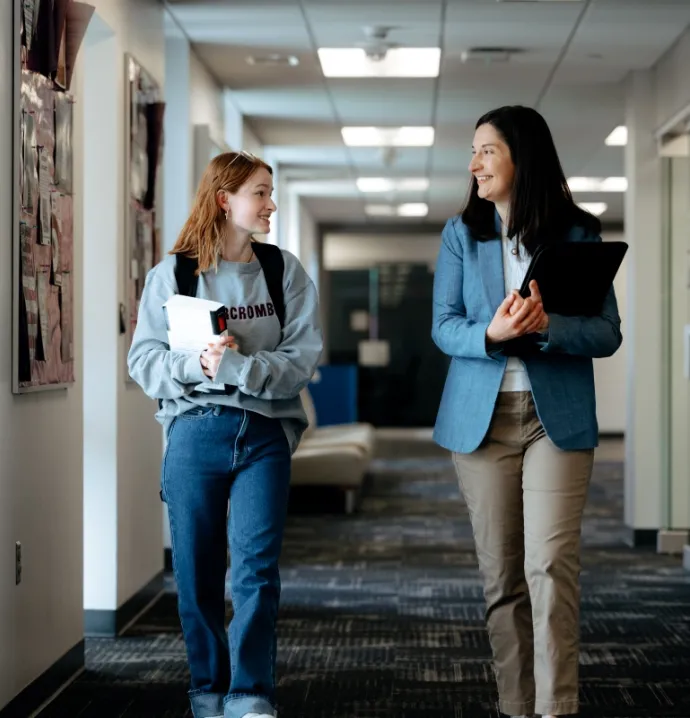Evacuating a hurricane in the age of COVID-19
Evacuating a hurricane in the age of COVID-19
The southeastern states have seen a record-breaking number of hurricanes already make landfall in a year when the nation is also grappling with the COVID-19 pandemic. When researchers wanted to know how people would balance the danger of contracting the virus with the need to evacuate their homes, they turned to UNI professor Mark Welford for help. Welford, who heads UNI’s geography department, is also an expert on global pandemics like the medieval Black Death. He recently talked to InsideUNI about the joint study with University of South Florida researchers, which is funded by a National Science Foundation Rapid Response Research Grant Initiative.
Can you describe this study? What are its goals?
The goal of the study is to see if the presence of COVID-19 actually reduces the use of public shelters in hurricane-prone environments. So when there's a call to evacuate are people going into shelters? Or are they fearful of COVID-19, so they’re not going into shelters? Are they going to stay with friends? Are they going to make a choice to go into hotels or motels instead of public shelters? And the concern that we have there is that those who use public shelters are invariably unable to afford to stay in hotels and motels or even have the opportunity or the transportation options to go and stay with relatives.
Of the two hurricanes that we surveyed and analyzed our results so far, Laura and Sally, only 0.1% of all people who responded to our surveys actually went to a shelter. That is way, way down. And that, from an individual choice perspective, is probably pretty wise, because COVID-19 is far more deadly than most hurricanes.
What is your role in the study?
My role is really to provide expertise in COVID-19 and in pandemics. My initial research that got me involved in this is that I did a large study on the medieval black death, looking at its spread, and then subsequent impacts. And so with that expertise and experience, I was asked to come in and provide them the background and experience and understanding of pandemic issues for the actual grant. When we actually wrote this survey, I was involved in trying to develop questions that would address these issues of whether people were worried about COVID. How are they worried? What were their thoughts?
What type of lessons can we take from the history of the Black Death and apply it to a modern pandemic?
Isolation was the key. Even going back to the 1350s, individuals and doctors perceived that the disease was infectious and people were the transmitters. And so you needed to isolate yourself from them through quarantine. Although, medieval people didn't understand what viruses or bacteria were - by the mid-1500s doctors were beginning to wear masks.
Why have there been so many hurricanes this season?
It’s climate change, it’s that simple. This hurricane season is being driven by climate change. We can show the evidence of climate change now. We can look back at the past 15 or 20 years, and every major climatic event is more aggressive, more wind, more rain and more energy. Hurricanes are driven by moisture and heat. The vapor holds energy. So if you got sunlight coming down and more of it getting through the atmosphere more and being trapped, that means there's more energy in the water surface, more evaporation. When you evaporate water, you're actually transferring energy from the water surface into the air through evaporation. And the more you transfer, the bigger that hurricane is going to be. Because we’ve got warmer tropical oceans, the hurricane seasons are becoming not only more prolonged, but they’re producing storms that are more severe.
That must make it even more critical that people evacuate safely.
Absolutely. There are a couple things you can do to reduce hurricane damage. First, you need to build out and/or above the storm surge areas. If you're building in surge areas, then you've got to have the planning codes such that you build on stilts, and that you build with concrete and steel rather than in wood. Because storms surges kill and damage property. The winds themselves can do a lot of damage, but it's the surge that usually kills. We also need to have better, not necessarily more, roads. We need to have a system where we can get people off the coast quicker, which means that if you have a two-lane highway, you can make all four lanes go away from the coast during these conditions.
With this study, we are gathering data and we can take that information to emergency managers and say, “Look, this is what happened. Now you should respond.’ We have the data to show that people did not go to shelters, because of various reasons. So we need to make sure that people can still get away. And if they are poor, and do not have any transportation, then the state or the county can assist them in some way to get out, even though they won't go to a shelter, at least help them get out of the harm's way.




